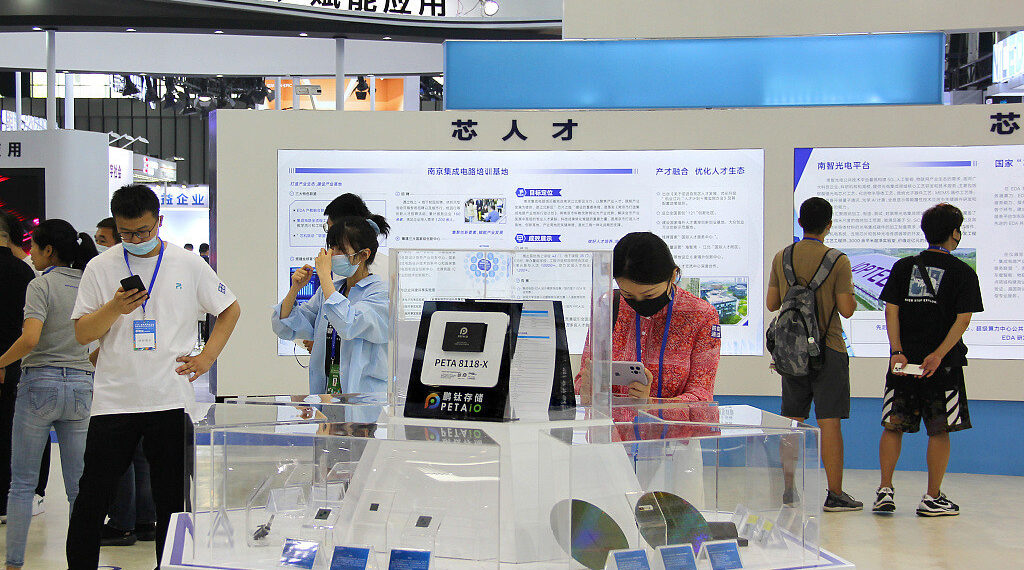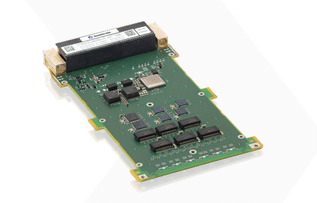The development of China’s domestic chip industry looks promising, according to experts, as advanced 28- and 14-nanometer (nm) processes are expected to enter mass production by the end of this year and next.
Wen Xiaojun , head of the Electronic Information Institute at the China Center for Information Industry Development (CCID), told Chinese news portal huanqiu.com that despite the technological challenges, he sees encouraging signs for China’s chip industry.
The country’s 14nm process has already overcome many technological difficulties with significant improvements in manufacturing techniques, packaging technologies and key equipment materials. That suggests that the technology for this particular knot is mature and will go into mass production next year, Wen said.
“That means China’s total dependence on overseas supply chains is coming to an end,” he said.
According to statistics, the global semiconductor market had sales of around 200 billion US dollars in the first half of 2019. The 14nm chip manufacturing process accounted for 65 percent of these sales because it is widely used in areas such as high-end consumer electronics, high-speed computing, artificial intelligence, and automobiles.
The production lines for 14nm and 12nm chip manufacturing are considered critical in the semiconductor industry as the 14nm process and above can meet nearly 70 percent of the industry’s chip needs, and the 12nm node can Can meet requirements for most mid-end 5G chips.
Wen noted with cautious optimism that while China’s chip industry was delivering impressive results in terms of the 14nm node, domestic industry players would still have to compete with other global giants to fill the technology gap. This requires “more time, investment and human resources.”
In an interview with Weiot.net, a media company focused on the Internet of Things (IoT) industry, in early May, Ni Guangnan, an academician at the Chinese Academy of Engineering, emphasized the importance of being part of the advanced chip industry Staying on top to catch up with other leading countries.
Ni said new technological breakthroughs in the 28nm and more advanced 14nm nodes would raise morale in China’s semiconductor industry and facilitate growth in cutting-edge sectors such as new energy vehicles and artificial intelligence.
At the world conference for semiconductors from 9 . June this year in Nanjing , the capital of east China’s Jiangsu Province, presented the innovative technologies and applications of the semiconductor industry from home and abroad. Industry leaders such as Taiwan Semiconductor Manufacturing Company (TSMC), Semiconductor Manufacturing International Corporation (SMIC), Synopsys Inc and Montage Technology attended the conference along with over 300 exhibitors.
According to a report by China Daily, statistics show that global semiconductor product sales reached $ 123.1 billion in the first quarter, up 17.8 percent year over year.
(A news report from China.org.cn titled “Expert Is Optimistic About China’s Chip Manufacturing Industry.)










